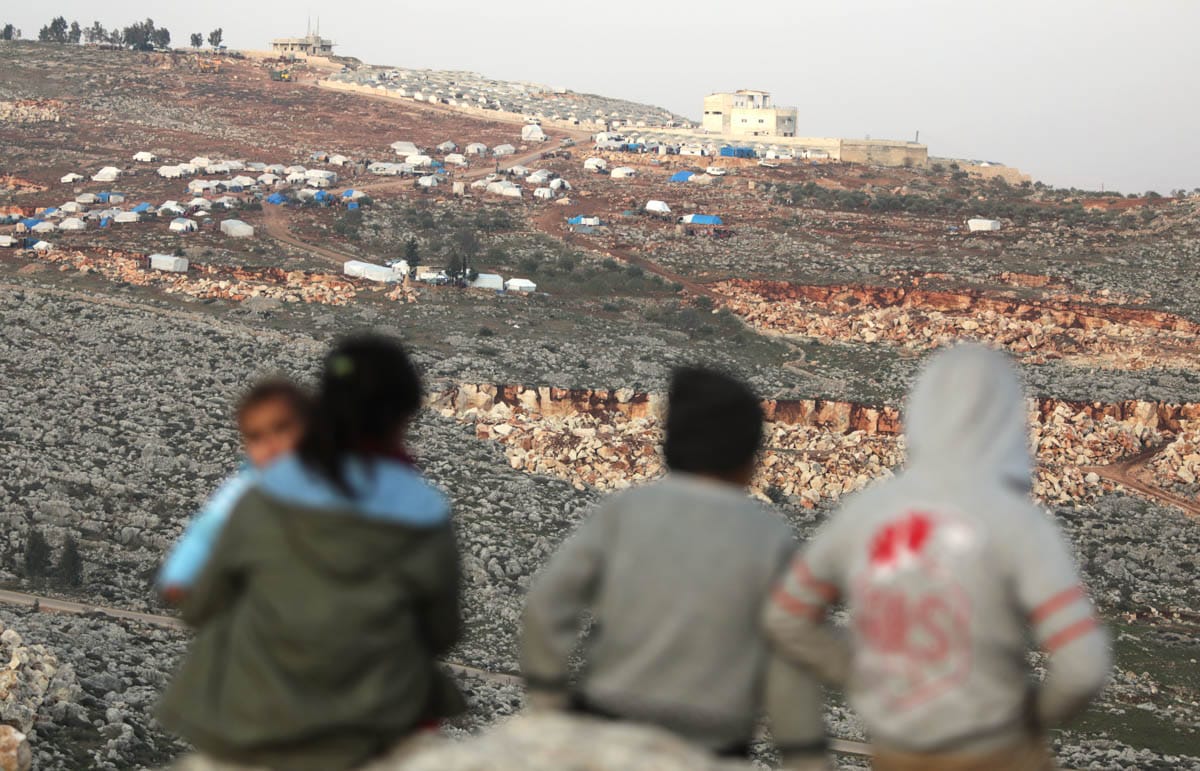The final battle: Tensions escalate as Turkey and Syria fight for Idlib

By Adela Begum, BA Politics and International Relations
Tensions continue to escalate between Turkey and the Russian-backed Syrian regime after the nearly decade-long civil war in Syria is reaching its climax in the Idlib governorate. The Syrian government carried out strikes in December 2019 in the hopes of capturing the last rebel-held area to consolidate power over the country once again. Syrian President Assad stated that a “complete victory” was in sight. Idlib is home to 3 million residents and is the last stronghold of opposition forces who captured the province in 2015.
Erdogan is facing a political crisis, as the influx of refugees has contributed to a climate of public and political resentment in Turkey.
In 2017, Russia, Turkey, and Iran, the primary international actors in Syria, signed a de-escalation deal that prohibits acts of aggression in the Idlib province and allows each side to have military observation posts. Since then, all players have accused each other of failing to uphold the terms of the agreement. 17 Turkish security personnel were killed in Syrian attacks in February and the Syrian government has reportedly been surrounding Turkish military posts. At a UN Security Council meeting, Russia blocked a resolution for a ceasefire. Turkey’s President Erdogan warned that an operation in Idlib is “imminent” where they would activate the S-400 missile defence system purchased from Russia. Turkish defence minister, Hulusi Akar, suggested that the United States may send Patriot missile systems to use for security. Russia, who maintains controls over the region’s airspace, responded that a Turkish offensive would be the “worst scenario”.
The humanitarian situation is grave. Since December 2019, nearly one million people have fled their homes in Idlib for shelter near the Turkish border. This is the largest displacement of people and possibly Syria’s worst humanitarian crisis since the civil war erupted nearly nine years ago. The UN has called for a halt in the violence to allow civilians to retreat in safety. Many are now in refugee camps facing dangerous winter conditions. Turkey wants to avoid another mass influx of refugees as it is already tending to approximately 3.6 million people in refugee camps and is hosting the largest number of Syrian refugees globally. Erdogan is facing a political crisis, as the influx of refugees has contributed to a climate of public and political resentment in Turkey. A positive outcome of intervention could enhance support for his party. Turkey and Russia are continuing talks regarding the situation. The world waits as the crisis unfolds.



